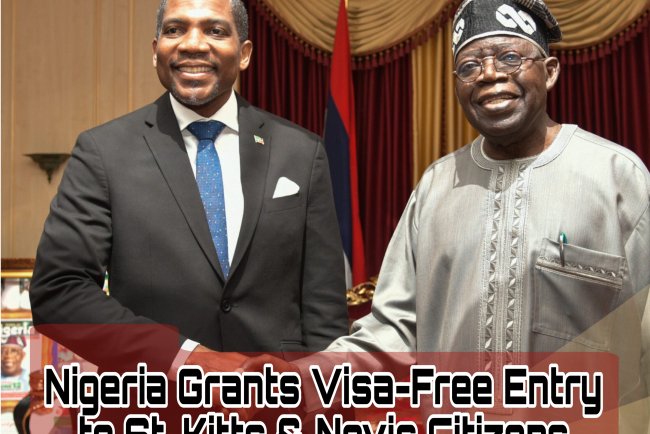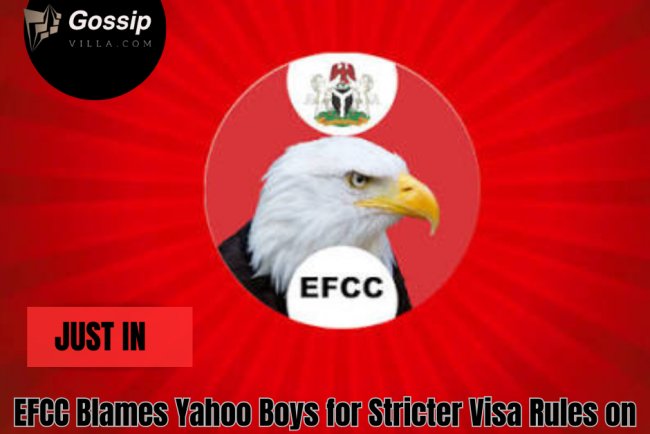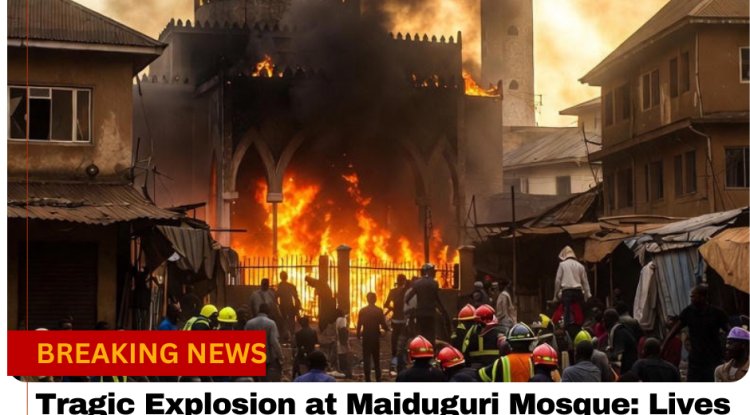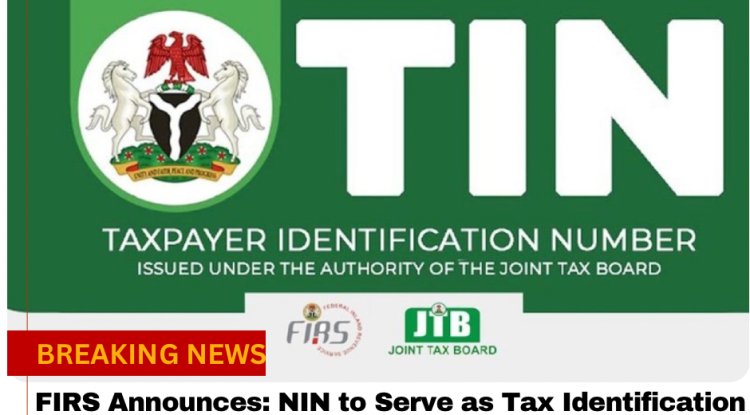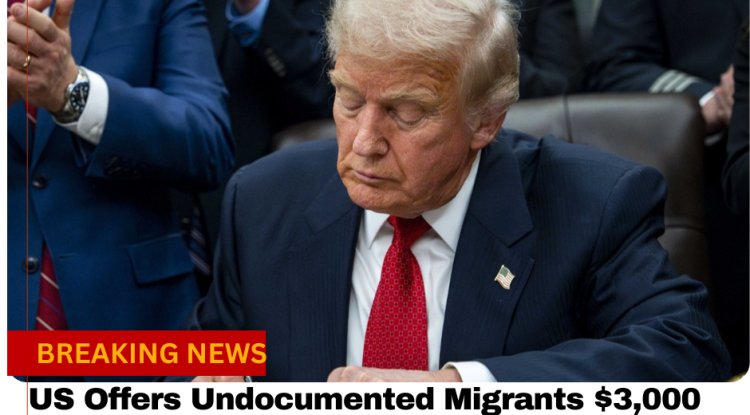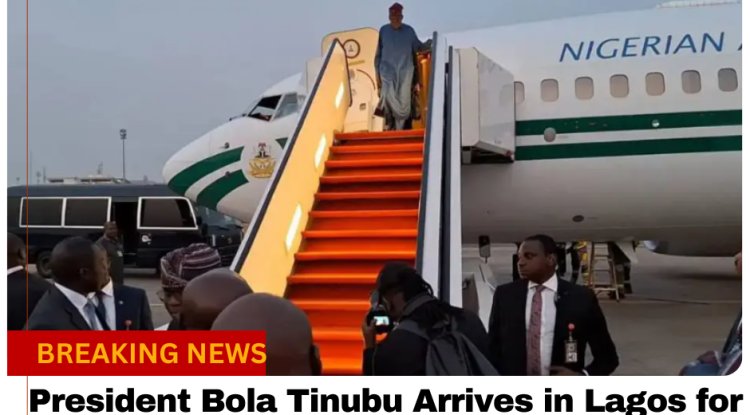Over IPOB Remarks Nigeria's 65th Independence Tinubu's Independence Day Speech Sparks Outrage:
Over IPOB Remarks Nigeria's 65th Independence Tinubu's Independence Day Speech Sparks Outrage:
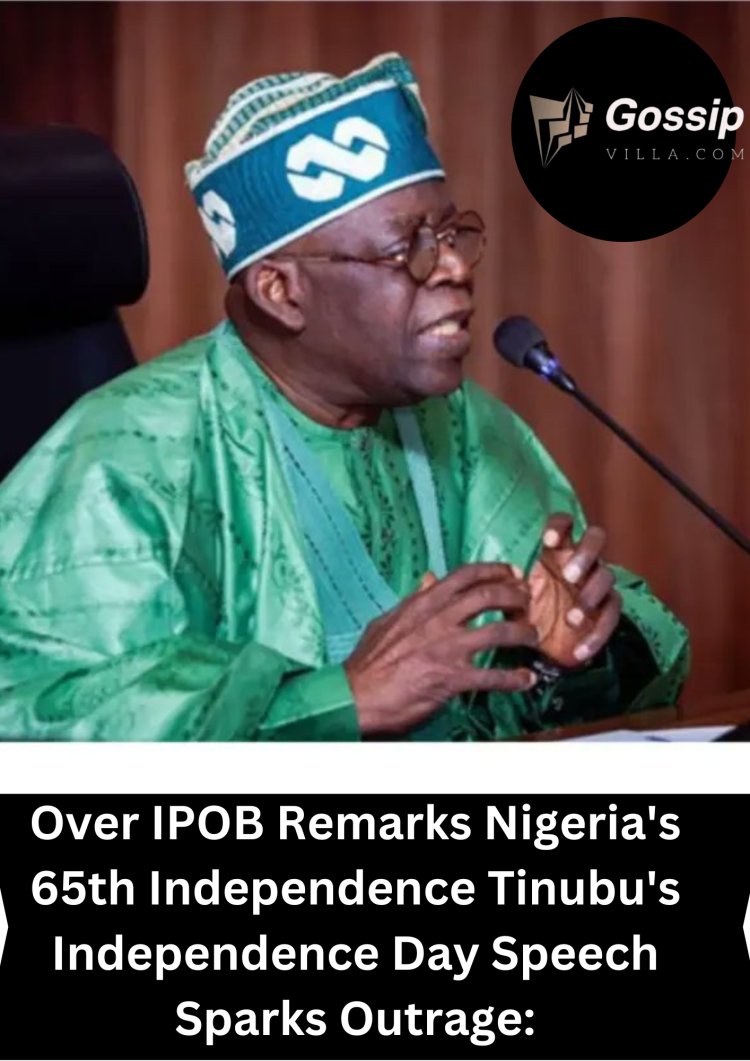
Over IPOB Remarks Nigeria's 65th Independence Tinubu's Independence Day Speech Sparks Outrage:
Kanu's Counsel Cries Judicial Interference Over IPOB Remarks Nigeria's 65th Independence Day on October 1, 2025, was meant to celebrate unity, but President Bola Tinubu's address instead deepened divides by labeling the Indigenous People of Biafra (IPOB) a terrorist group—prompting swift backlash from Nnamdi Kanu's legal team.
What Led to the Act
The uproar traces back to Tinubu's national broadcast, delivered amid escalating security challenges and economic strains. As he touted military gains, the president grouped IPOB alongside notorious threats like Boko Haram, framing their activities as a national scourge. This came just as Kanu, IPOB's detained leader, awaits trial in Abuja for treason charges tied directly to the group's 2017 proscription—a designation now under Supreme Court scrutiny. The timing amplified sensitivities, with Kanu's case hinging on whether IPOB truly qualifies as terrorist, making any executive commentary a potential flashpoint.
What Was the Accusation by the IPOB
Aloy Ejimakor, Kanu's U.S.-based Special Counsel, fired off a pointed rebuke on X, accusing Tinubu of "interference with the judicial process." In a viral post, he declared: “President Tinubu’s remarks about IPOB amount to interference with the judicial process because the proscription of IPOB is subjudice, as it still lies before the Supreme Court, and Mazi Nnamdi Kanu is on trial for alleged offenses that are wholly predicated on the proscription of IPOB.” Ejimakor warned this breaches separation of powers, risking a tainted trial and eroding public trust in the judiciary.
What Was Tinubu's Stand
Unwavering on security, Tinubu positioned IPOB's Eastern Security Network (ESN) as a core destabilizer in the South-East, crediting troops for curbing its "terror." He proclaimed: “We see their victories in their blood and sweat to stamp out Boko Haram Terror in North-East, IPOB/ESN terror in South-East, and banditry and kidnapping.” The address rejected secessionism outright, pushing a "one Nigeria" vision while sidestepping IPOB's self-determination claims or court battles—prioritizing national cohesion over legal nuances.
What Did the Public Say/Opinion
Outrage rippled across social media and IPOB channels, with the group slamming the speech as "divisive and hate-filled." Spokesperson Emma Powerful countered: IPOB, under Kanu, is "peaceful" and nonviolent, citing a Federal High Court ruling deeming it non-terrorist. X erupted with #FreeNnamdiKanu trending, users decrying anti-Igbo bias—"Tinubu links us to Boko Haram while ignoring herdsmen?" one post fumed, garnering thousands of likes. Supporters echoed Ejimakor's call for judicial sanctity, while pro-government voices defended the label as vital for peace. The split highlighted ethnic tensions, with Southern netizens amplifying demands for Kanu's release.
Conclusion
This clash lays bare Nigeria's tangled web of security, justice, and identity politics. Tinubu's firm stance bolsters his anti-terror narrative but at the cost of judicial impartiality, as Ejimakor warns. With Kanu's fate in the balance, the episode urges restraint from the executive—lest Independence Day rhetoric fracture the very unity it seeks to forge. True progress demands courts free from podium shadows.
News Source ; Sahara reporters, Daily post Nigeria
What's Your Reaction?








